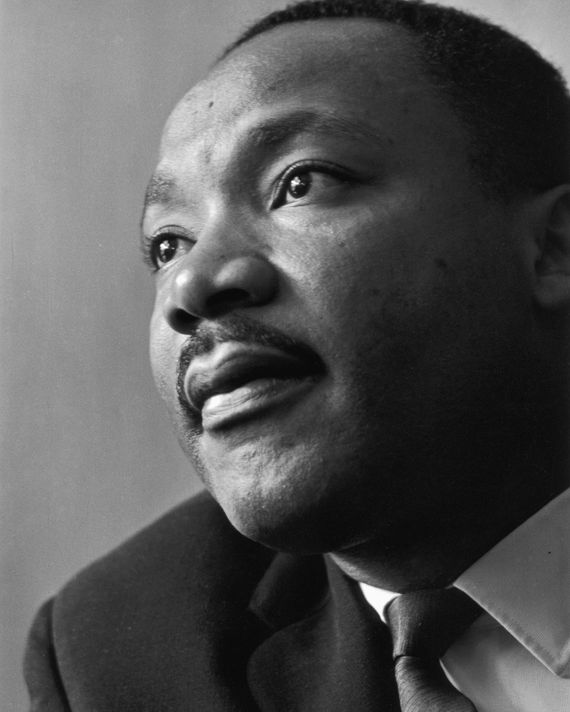
As we mark this Martin Luther King Jr. Day, many people across the country are working with renewed fervor to whitewash considerations of racial bias from our laws and our classrooms, justifying their vandalism as a defense of America’s honor. Without question, today’s crusaders for post-racial Christian nationalism understand both God and country differently than King did. He was a minister of the Gospel and the leader of a social movement who held up a mirror to America and asked us to live up to our own professed values. For that he was feared and despised by the majority of white Southerners, who viewed themselves as good Christians and patriotic Americans.
Conservatives of their ilk now adhere to Trumpism; they are far less openly racist than they were when King was alive, but still hostile to the idea that America needs anything other than a return to its glorious past. The idea of aspirational patriotism so central to King’s challenge to his country (most evident in his “I Have a Dream” speech at the Lincoln Memorial in 1963) is anathema to those for whom “American exceptionalism” means unique, God-given virtue, not unique, God-given ideals that are difficult but essential to reach. King’s challenge to Christians meant turning away from rather than embracing the secular idols of privilege and power, which value “so much winning” while despising “shithole countries” and the wretched refugees they hurl toward our sanctified borders.
Today the spiritual descendants of the complacent white middle-class ministers whom King excoriated in his “Letter From a Birmingham Jail” support battles against the restoration of voting rights, the teaching of honest American history about racism, and the redistribution of unearned wealth. And in their railing against the alleged excesses of “woke” ideology they have the gall to paint themselves as the true victims of racism. Even worse yet, many opponents of the fight for racial justice purport to be disciples of King, pretending he would exult in a “color-blind” America in which the end of state-enforced segregation accomplished all of his goals.
Clearly, we still need reminders that America’s true greatness lies in its willingness to acknowledge and confront its own — our own — wickedness, and to repent before we lose our way entirely. Martin Luther King Jr. died on the brink of launching a Poor People’s Campaign aimed at bringing many thousands of people to Washington to peacefully demand that lawmakers come to grips with unequal conditions of life that desegregation could not address. I can barely imagine what he would have thought of many thousands of people coming to Washington in January of 2021 to violently overturn the democratic election of a president willing to take cautious steps down the path to racial justice and economic equality King championed over a half-century ago. He would have certainly been aggrieved to see these worshipers at the altar of Donald Trump carrying American flags and kneeling before crosses.
If Martin Luther King Jr. stood for anything, it was that true U.S. patriotism and true Christianity converge in a passion for equality, a firm belief in inalienable human dignity, and irrevocable mutual responsibility. His words and deeds represent an eternal rebuke to those who value no one beyond their own families, tribes, or nations, and pledge allegiance to the Prince of Peace with swords ready to draw blood at the slightest provocation. We need King’s teachings more than ever in this divided and dangerous America of 2022.






























